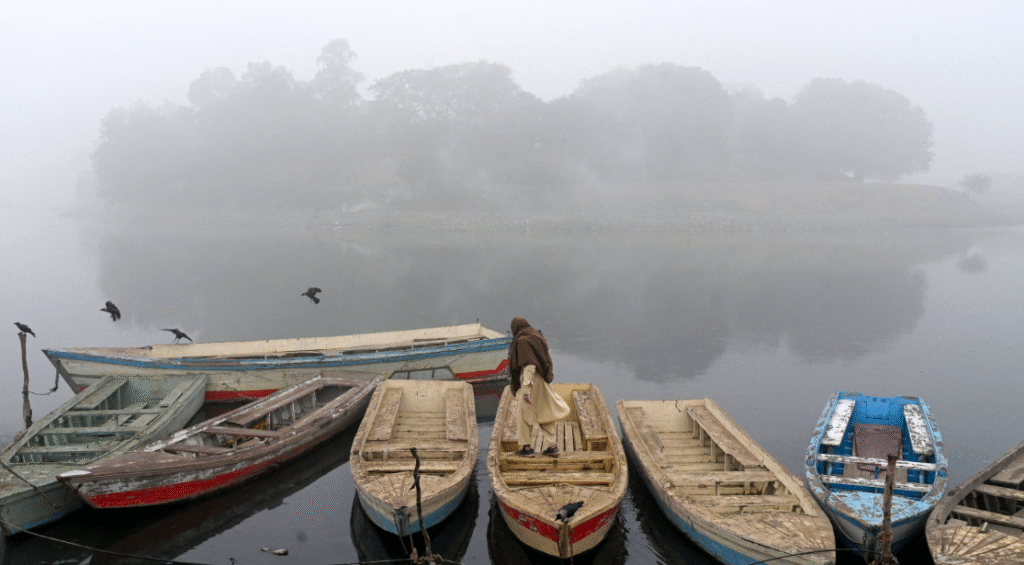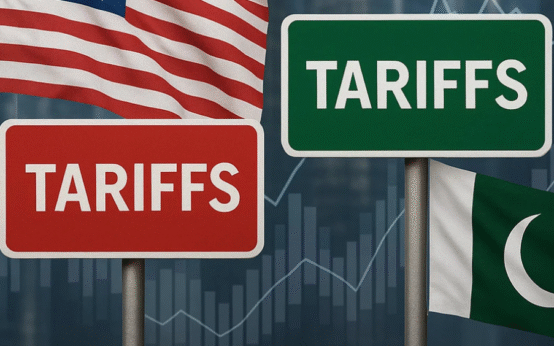Tensions between Pakistan and India have taken a sharp turn, and the reason this time is not the usual political disagreements or border issues it’s water. Pakistan’s Prime Minister Shehbaz Sharif made it clear in a strong public statement: Not a single drop of water that belongs to Pakistan will be taken by India.
This warning comes after India’s move to suspend its participation in the Indus Waters Treaty, an agreement that has been in place for more than 60 years. For Pakistan, the Indus River and its connected water system are not just natural resources they are the country’s lifeline for farming, electricity generation, and drinking water.
Why the Indus Waters Treaty Matters to Both Countries
The Indus Waters Treaty was signed in 1960 with help from the World Bank to prevent water disputes from causing conflict. It gave Pakistan control over the three western rivers Indus, Jhelum, and Chenab while India got control of the three eastern rivers Ravi, Beas, and Sutlej. This arrangement worked for decades, even during wars between the two countries.

But India’s recent decision to suspend its participation in the treaty has created deep concerns in Pakistan. Without the treaty’s protection, Pakistan fears that India could divert or store water from the rivers Pakistan depends on. This would directly threaten millions of farmers and affect the country’s food supply, economy, and energy production.
Pakistan Sees India’s Move as “Water Aggression”
Pakistan’s government is calling India’s action water aggression. Prime Minister Shehbaz Sharif held an emergency meeting with senior political leaders, military officials, and provincial representatives. All agreed that water security is a national security issue.
Plans to build new reservoirs, such as the Diamer-Bhasha Dam and Mohmand Dam, are now being pushed forward at full speed to store as much water as possible inside Pakistan’s borders. Government ministers have also begun working on strategies to conserve water and reduce waste so the country is less vulnerable if India decides to cut water flows.
Pakistan’s Army Chief Issues a Harsh Warning
The situation became even more serious when Pakistan’s Army Chief, Field Marshal Asim Munir, gave a strong warning to India. Speaking to military officers, he said that if India built dams on the Indus River, Pakistan would not just protest it would destroy those dams, even if it meant using missiles.

This was not just military talk; it was a message that Pakistan sees water control as an issue worth going to war over. Such statements have raised fears in the international community that a water dispute could escalate into a dangerous conflict between two nuclear-armed neighbors.
Pakistan has started reaching out to its international allies for help. Pakistan has also welcomed rulings from the Permanent Court of Arbitration, which support its position on water projects that India has been building in disputed areas.
Farmers Fear Losing Their Lifeline
While political leaders exchange threats, the people most directly affected are Pakistan’s farmers. Agriculture is the backbone of Pakistan’s economy, providing jobs for millions and producing the country’s main food crops like wheat, rice, and sugarcane.
If India holds back river water, the impact will be immediate less irrigation, poor harvests, and lower incomes for rural families. Farmers worry that even a small reduction in water flow could destroy crops, push food prices up, and create shortages. For many villages, the rivers are also the only source of drinking water, meaning the effects would go far beyond farming.
Why This Crisis Is About More Than Water
On the surface, this is a disagreement over river sharing. But in reality, it is about survival, security, and national pride. Water from the Indus system keeps Pakistan’s economy alive, feeds its people, and powers its cities. Losing control over it would be devastating.
The language used by Pakistan’s leaders shows just how high the stakes are. When a country’s Prime Minister and Army Chief openly talk about defending water “at any cost,” it signals that they see this as an issue worth risking conflict over.
India controlling the rivers could give it strategic leverage over Pakistan, but it also risks breaking an agreement that has been one of the few lasting points of cooperation between the two countries.


 Pakistan Among Early Adopters of Wi-Fi 7 in Asia-Pacific
Pakistan Among Early Adopters of Wi-Fi 7 in Asia-Pacific  Pakistan’s Struggle to Reduce Poverty
Pakistan’s Struggle to Reduce Poverty  Pakistan Poised to Launch 5G Services in Coming Months
Pakistan Poised to Launch 5G Services in Coming Months  $500m deal, an economic diversification in USA-Pak ties
$500m deal, an economic diversification in USA-Pak ties  Pakistan Bans Andy Pycroft Entry after Handshake Row
Pakistan Bans Andy Pycroft Entry after Handshake Row  Pakistan Demands Urgent UN Action to End Gaza Crisis
Pakistan Demands Urgent UN Action to End Gaza Crisis